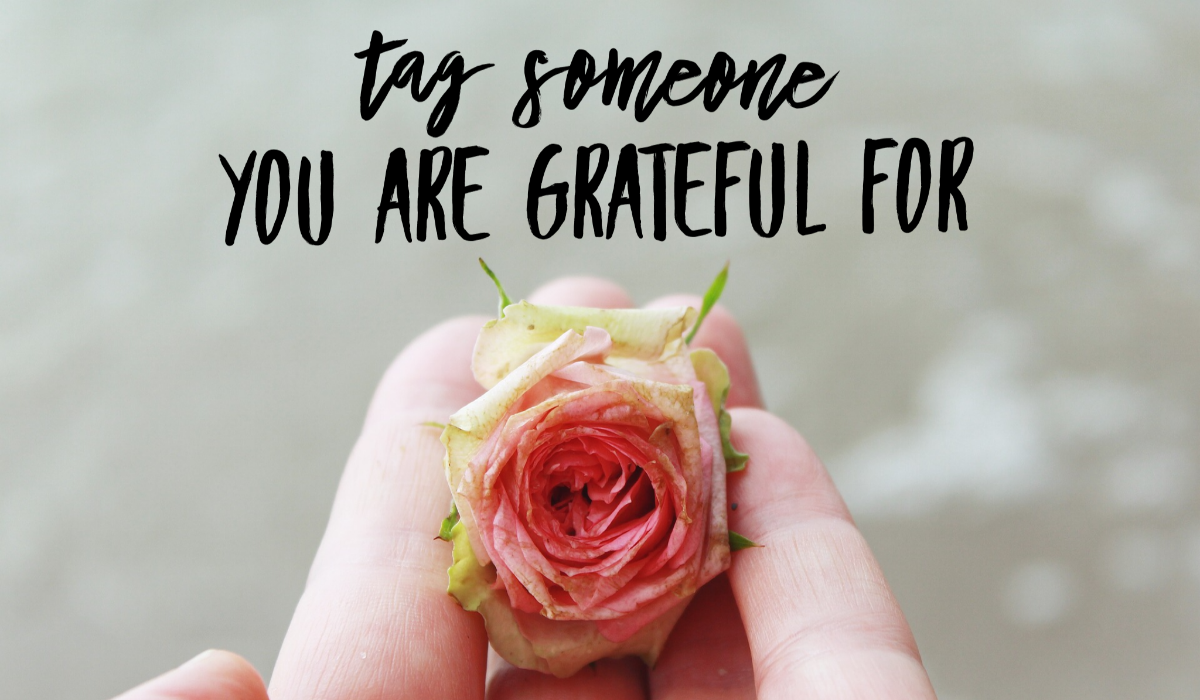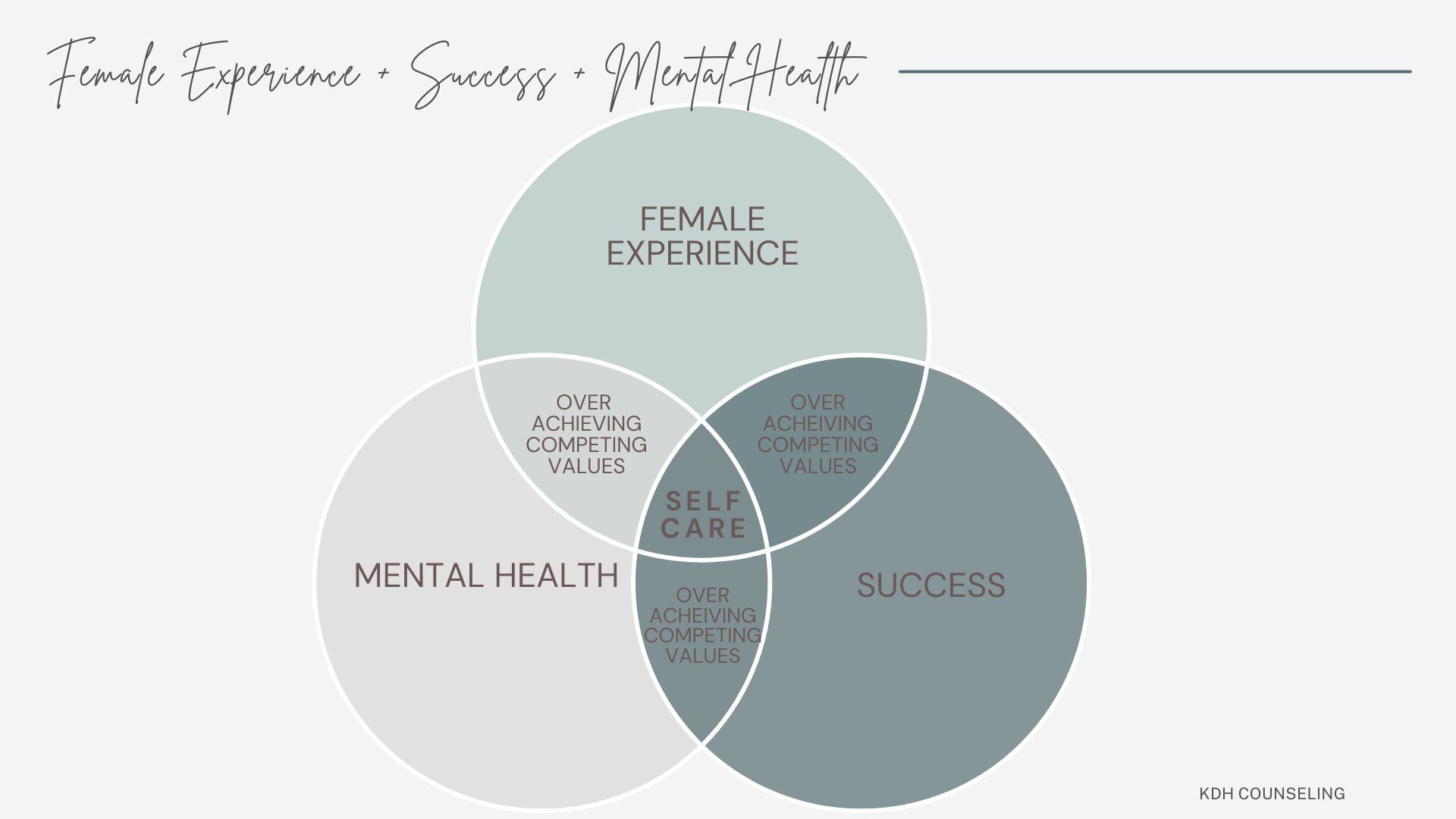How do I Grow Positive Feelings?
Can cultivating a daily habit of growing positive feelings begin with noticing gratitude or victories within ourselves and those around us?...

Can cultivating a daily habit of growing positive feelings begin with noticing gratitude or victories within ourselves and those around us? Gratitude, an age-old practice, serves to enrich and strengthen our connections with others as well as with our own inner selves. Acknowledging victories is a DBT technique that initiates a mental shift towards recognizing accomplishments in both your own life and the lives of those around you.
There was a time in my earlier life, (20's), when this topic would have repulsed me. I was depressed and severely anxious. During this time I became suicidal and was put on medication. That is when my journey toward happiness began. It was not an easy one. During that time, I could provide lists and verification on why this gratitude / victory practice would not have worked for me.
One might wonder why I felt this way. I was trapped in my trauma brain, in a constant state of fight and flight. But now, with age and experience, I have found happiness and resolved the majority of my anxiety through trauma work. I have cultivated numerous fulfilling relationships and truly love what I do. The list of things I am grateful for and victories seems endless.
I share this glimpse into my inner self to emphasize that embracing good feelings did not come naturally to me. It required significant effort to foster hope, love, vulnerability, gratitude that I achieved through practice.
I had to climb out of the emotional abyss I was in to adopt these practices that I now discuss in my blogs. Only those who have faced emotional struggles beyond their control can understand the immense weight of these symptoms. While they can deeply affect us internally and in our daily lives, we have the power to change by starting with our actions first, leading our symptoms to follow suit. Practicing gratitude daily is a powerful step in this direction.
The impact of gratitude on mental health is profound. Although some may find it too simplistic, when your mind is burdened by what you haven't achieved, your shortcomings, and the "should haves," acknowledging gratitude can set off a positive snowball within, which we can then share with others.
The concept of gratitude delves into a multitude of psychological, physiological, and social impacts that contribute to overall well-being and positive connections with others.
Engaging in gratitude practices has been associated with a decrease in symptoms of depression and anxiety. By shifting our focus from negative to positive experiences and emotions, we can reshape our cognitive biases towards a more optimistic outlook.
Regular gratitude exercises, such as journaling, or noticing victories can elevate feelings of joy, satisfaction with life, and overall well-being by nurturing a mindset filled with positivity.
Embracing gratitude can fortify our ability to bounce back from stress and adversity by fostering a sense of hope and positivity, making it easier to navigate challenging situations.
Research indicates that keeping a gratitude journal before bedtime can lead to improved sleep quality and duration, likely due to a reduction in negative thoughts and worries that may disrupt sleep patterns.
Gratitude has the potential to enhance cardiovascular health by lowering blood pressure, improving heart rate variability, and possibly reducing levels of inflammatory markers that impact heart health.
Positive emotions and optimism, nurtured through gratitude, can strengthen the immune system, making individuals more resilient to illnesses.
Expressing gratitude can deepen connections with others by fostering feelings of closeness and contentment, while also encouraging acts of kindness that strengthen bonds.
Grateful individuals are more inclined to engage in behaviors that benefit others, such as volunteering and showing generosity, thereby fostering a sense of community and social support.
Neuroimaging studies have revealed that gratitude activates specific brain regions associated with social bonding, pleasure, and reward, suggesting that gratitude not only feels good but also reinforces social cohesion and altruistic behaviors.
In essence, the scientific exploration of gratitude underscores its impactful role in enhancing mental well-being, improving physical health, and enriching social interactions. By acknowledging and valuing the positive aspects of life and the contributions of others, individuals can cultivate a more fulfilling and joyful existence.
I know that what I am about to ask you to do sounds so cliche… listing what you are grateful for... listing your victories.....but it is truly amazing how this action changes your focus. The monotony of life, tragedy on the news, conflict with family, or your own anxiety/depression can easily overwhelm your mind. Noticing our gratitude and victories provides meaning and purpose in difficult times.
Shifting our focus from half empty to half full is not just a simple change in perspective; it's a powerful mindset shift that can change our outlook on life. When dealing with mental health issues, the power of focus cannot be understated. What we choose to focus on has the ability to grow and manifest in our lives. By consciously directing our attention repeatedly towards gratitude, we are planting seeds of good feelings within ourselves.
Let's make a conscious effort to nurture these seeds of gratitude and watch them flourish. Just like tending to a garden, cultivating gratitude requires consistent care and attention. As we water and nurture our gratitude daily, we begin to see it bloom and spread. Let's make a commitment to ourselves to start growing gratitude in our hearts and minds.
So, let's take that first step towards a more grateful life. Let's water the seeds of gratitude within us and watch them blossom into a beautiful garden of positivity. It all starts with a simple shift in focus, from what we lack to what we have, from half empty to half full. Let's embrace this journey of growth through the practice of gratitude or simply noticing your victories.
Embracing gratitude also means appreciating yourself. Now, now, I know what you might be thinking - being grateful for yourself? It might sound a bit overly positive, but trust me, even the smallest act of acknowledging your own worth can have a profound impact on your mental well-being when done repeatedly.
Start small, perhaps by reflecting on one thing you are thankful for about yourself, and then watch as you uncover more reasons to appreciate who you are. It's all about shifting your focus towards self-love and positivity, which can truly enhance your overall mental health.
Acknowledging and celebrating the victories of our loved ones not only strengthens our relationships but also fosters a deeper sense of connection and support. By actively noticing and acknowledging the accomplishments and successes of those closest to us, we are not only showing them that we care and value their efforts, but we are also contributing to a positive and uplifting environment within our relationships.
When we take the time to recognize the victories of our loved ones, whether big or small, we are showing them that we are present and engaged in their lives. This act of validation and celebration can create a sense of mutual appreciation and respect, leading to a stronger bond and a greater sense of unity. It fosters a culture of positivity and encouragement within the relationship, where both parties feel supported.
Furthermore, supporting loved ones through noticing their victories can also have a ripple effect on our own well-being. By actively engaging in a practice of gratitude and celebration, we are cultivating a mindset that can uplift our loved ones and enhance our own mental health. It reinforces the idea that we are connected to others.
In essence, by taking the time to acknowledge and celebrate the victories of our loved ones, we are not only strengthening our relationships but also nurturing a sense of gratitude and connection that can enrich both our own lives and the lives of those we care about. It is a simple yet powerful way to cultivate a culture of support and positivity that can have a lasting impact on our overall well-being.
Relationships provide a deep sense of connection and belonging, which are essential for our overall well-being. These relationships offer us a sense of purpose, making us feel valued and appreciated for who we are. Feeling loved and important by those around us can bring a sense of joy and fulfillment that enhances our mental and emotional health.
When we have healthy relationships, we feel included and part of a supportive community, which can have a calming effect on our nervous system. These positive interactions nourish not only our bodies but also our minds and souls, providing us with the emotional sustenance we need to thrive.
It's easy to overlook the importance of these relationships or to focus on what may be lacking in them. However, taking a moment to reflect on the people who truly lift us up and feed our souls can bring a renewed sense of gratitude and appreciation for the connections we have in our lives.
If you find it challenging to engage in this practice, it could be a sign that past traumas have impacted your ability to form secure attachments. Seeking support from a therapist can help you navigate through these barriers and work towards building more fulfilling and nurturing relationships that support your overall well-being. Remember, it's never too late to cultivate meaningful connections that enrich your life.
Start cultivating gratitude and recognizing victories today! Simply take a moment to acknowledge one thing you are proud of or one moment you are grateful for - it's as easy as that. Next repeat throughout the day, and then throughout the week, and month. Let's embrace this practice and watch positivity grow.

Can cultivating a daily habit of growing positive feelings begin with noticing gratitude or victories within ourselves and those around us?...

In today's fast pace and often unrelenting world, where success is measured through tangible achievements and milestones, it is imperative to focus...

I am told by my clients I am gentle, approachable, easy to talk to, and silly. However, working in a room with just one other person can make it...